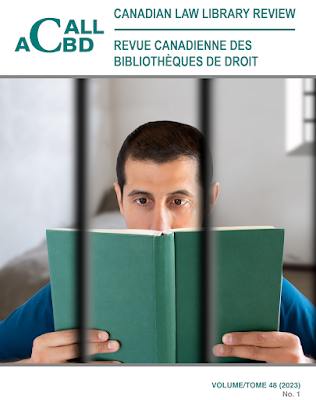Mentorship Program for Visible Minority Librarians in Canada
The Visible Minority Librarians of Canada Mentorship Program is now accepting applications for the 2023 session that will run from May 1st to June 30th, 2023.
Applications will close on April 21, 2023:
"The Visible Minority Librarians of Canada (ViMLoC) recognizes the need to help visible minority librarians, especially early career and new immigrant librarians, develop their professional careers, as well as the need to encourage and guide visible minority library students with career planning. Lack of mentorship is often cited as a challenge among visible minority librarians, and through our mentorship program, we found that small acts of mentorship were able to make an impact on our mentees. Applying for this program will help create a larger network of visible minority librarians and increase our representation in the library profession. The 2023 ViMLoC mentoring program will recruit experienced visible minority librarians as potential mentors, as well as facilitate the matching of potential mentors to mentees. ViMLoC membership is NOT required to participate in this program."
Labels: careers, library associations









